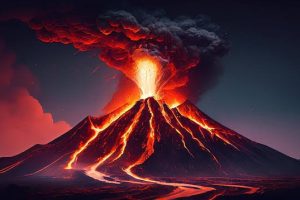WTO (world Trade Organization)… – (Mindset Media News!)
Posted By
Apostle Ngabo
About Me
Apostle Ngabo
About Me
![]()
Home – About Us – Contact us
 The World Trade Organization (WTO) began life on 1 January 1995, but its trading system is half a century older.
The World Trade Organization (WTO) began life on 1 January 1995, but its trading system is half a century older.
Since 1948, the General Agreement on Tariffs and Trade (GATT) had provided the rules for the system.
The agenda of WTO concerning Africa exposed in this vàideo:
(The second WTO ministerial meeting, held in Geneva in May 1998, included a celebration of the 50th anniversary of the system).
When did the World Trade Organization (WTO) really starts its mission?
The WTO’s creation on 1 January 1995 marked the biggest reform of international trade since the end of the Second World War.
Whereas the GATT mainly dealt with trade in goods, the WTO and its agreements also cover trade in services and intellectual property.
Geneva, Switzerland, where the WTO headquarters is located, is a unique place, with many United Nations and other international organizations, as well as missions to the WTO.
The WTO has six key objectives:
(1) to set and enforce rules for international trade,
(2) to provide a forum for negotiating and monitoring further trade liberalization,
(3) to resolve trade disputes,
(4) to increase the transparency of decision-making processes,
(5) to cooperate with other major international economic
(6) To help the developing countries benefit fully from the global trading system.
Let’s picked out the failures of the World Trade organization, because the results have already been proven that WTO has failed…
Why has the world Trade Organization failed?
The World Trade Organisation (WTO) has come under renewed criticism for failing poor and developing countries.
From the perspective of elite interests in the developed Western world, the WTO has succeeded.
However, from the perspective of the billions of impoverished people in the developing world, the WTO has failed.
From a developmental perspective the WTO has been an abject failure.
The WTO could be defined as successful from the perspective of elite Western groups and elites in parts of the developing world,
but this is success that only benefits those who already have great wealth and power.
This is because the WTO is structured and ordered in such a way so that it does not promote genuine free trade.
Rather, it promotes ‘monopolistic competition’ in which powerful actors are at a huge and perpetual advantage.
Read about The Doha Around 
 PRAY 4 FATHERS, Page…
PRAY 4 FATHERS, Page…
Ask a Question of Send in your comment below!


















